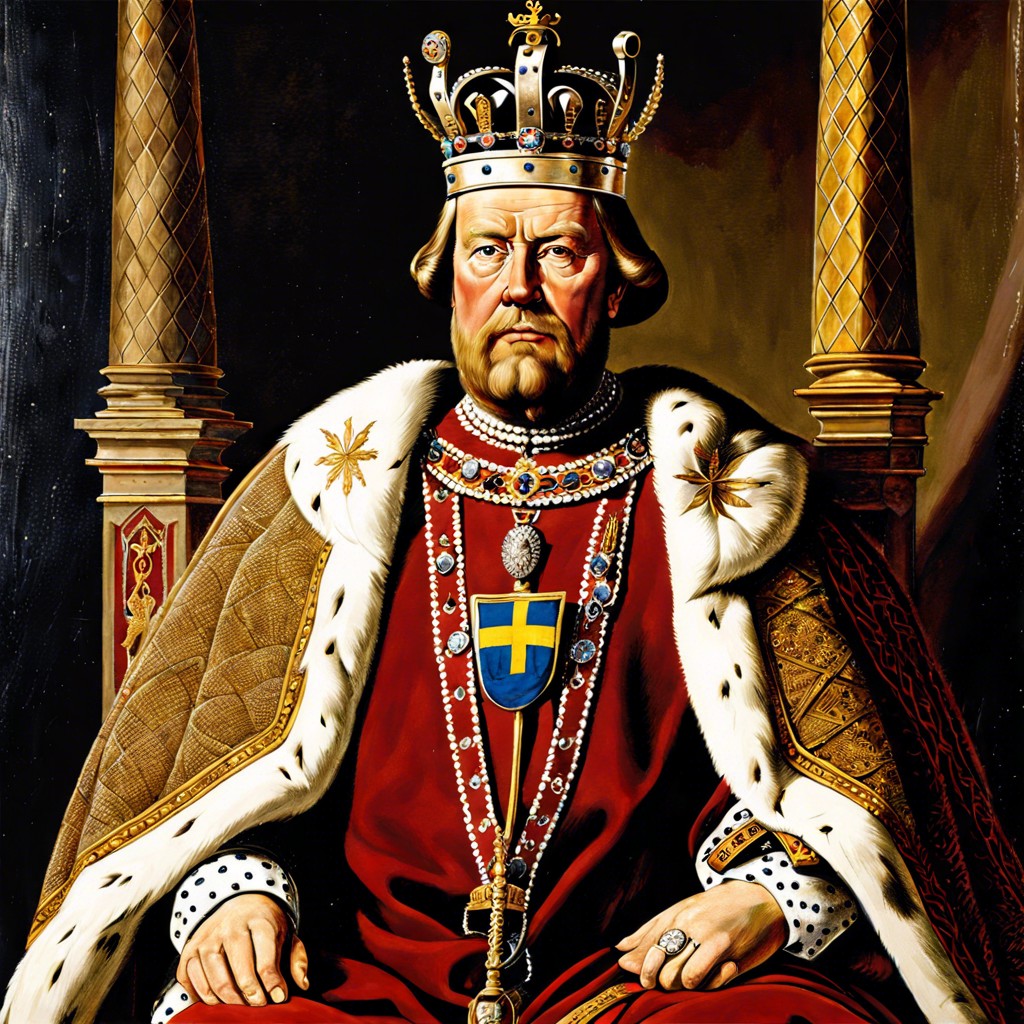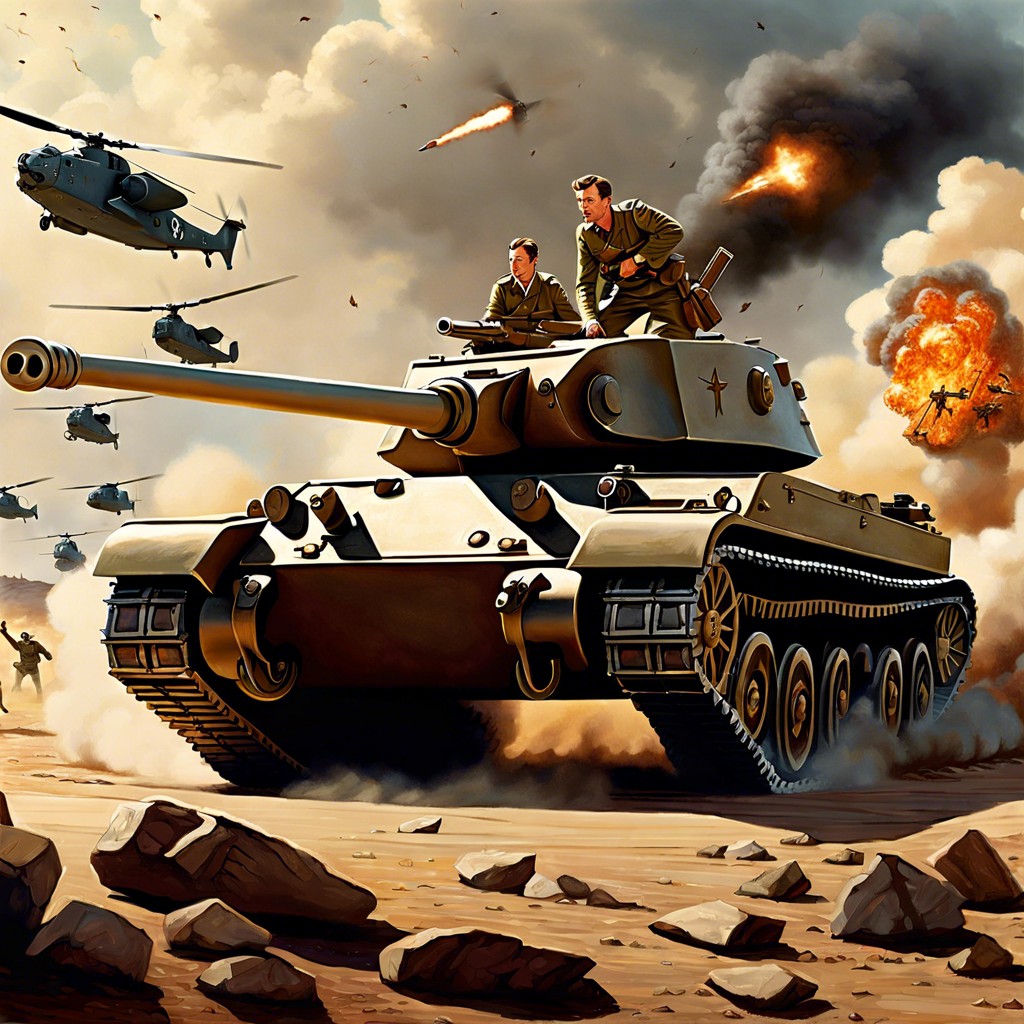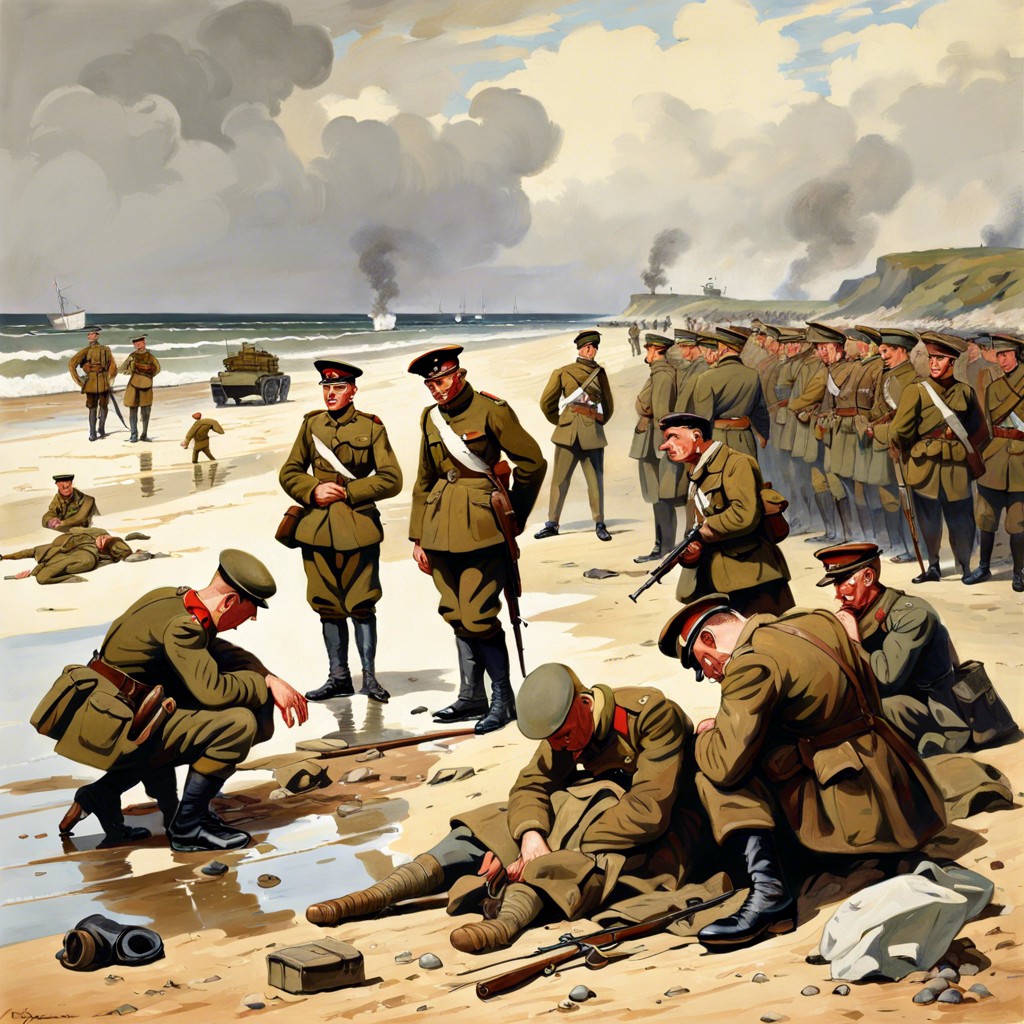Imagine a world where Sweden emerged victorious in the Great Northern War, reshaping Europe’s political landscape and altering the course of history.
Imagine if Sweden emerged victorious in the Great Northern War! Europe’s balance of power would have toppled like an IKEA bookshelf without the hex key. Swedish expansion could’ve reshaped Europe, impacting neighboring states in unexpected ways. Hold tight as we explore the whirlwind changes in culture, economy, and geopolitical landscape that might’ve followed such an audacious twist in history.
Key takeaways:
- Europe’s power dynamics shuffled, alliances strained
- Swedish Empire expands, coastal control, military strength
- Neighboring states weakened, reshaped by Swedish dominance
- Culture, economy booms, Swedish influence spreads globally
- Long-term geopolitical shifts, Baltic Sea Swedish, Russia altered
Shift in European Balance of Power

Imagine a world where Sweden is the heavyweight champ of the north, strutting around like a peacock in a Viking helmet. Here’s what that means:
First off, the power dynamics across Europe would do a bit of a jig. Countries like Russia, Poland, and Denmark would be feeling the pinch, forced to reassess their standing. Sweden’s newfound dominance would mean less influence for them and more for Gustavus and his crew.
Trade routes? Yep, they’d be under new management. An enlarged Swedish Empire would control key ports and waterways, which means Swedish customs agents sipping coffee while taxing everyone passing through.
Military alliances would get a shuffle, too. With a dominant Sweden, other nations would be forced to make new buddies. Think France sending love letters to England, planning strategy sleepovers with the Dutch, all just to counterbalance Sweden’s swagger.
Monarchical swagger would be at an all-time high. Swedish kings would play European politics like it’s a grand game of chess, maneuvering pawns while everyone else tries to keep up.
The ripple effect would touch everything from dynastic marriages to battlefield tactics, leaving the Europe we know completely reimagined.
Swedish Empire Expansion
Let’s picture it: Sweden strutting around like the peacock of Europe. With the Great Northern War victory, Sweden would seize large chunks of territory from its rivals. Think of Sweden wrapping up parcels of land like holiday gifts and joyfully claiming chunks of Russia, Poland, and Denmark.
First, imagine coastal trade routes firmly under Swedish control. This dominance would reshape Baltic Sea commerce, turning Sweden into a trade powerhouse. Swedish ships could be the H&M of historical trade, ubiquitous and stylish.
Next, consider population diversity. Newly annexed territories would bring a variety of cultures, languages, and traditions into the Swedish Empire. It would be like a multicultural festival all year round, complete with diverse cuisine that would make smorgasbord look like an amateur hour.
Finally, military prowess would be unchallenged. Sweden’s beefed-up borders would serve as a sturdy wall against any would-be invaders. Picture a snooty bouncer at an exclusive club—only this time, it’s the Swedish military politely turning folks away.
So, you’d have a geographically sprawling Sweden with economic hustle, cultural richness, and intimidating security. What a wild Nordic ride!
Impact On Neighboring States
Denmark-Norway would have faced an existential crisis, likely becoming a smaller player on the European stage. Losing its territories to Sweden, it might’ve turned inward, focusing more on its internal developments and staying out of major wars. Imagine fewer Vikings and more knitting circles.
Russia, humiliated by defeat, would be less likely to become the continental behemoth it’s known for today. Picture a quieter, more laid-back Tsar Peter the Great, maybe getting really into landscape painting instead of founding a new capital.
Poland-Lithuania, already a bit wobbly, would struggle to maintain its sovereignty. With a powerful Sweden breathing down its neck, the Commonwealth might’ve morphed into a buffer state, perpetually looking over its shoulder.
Smaller German states would be caught in the Swedish sphere of influence. Bavaria, Saxony, and Hanover could transform into reluctant fans of lutefisk and IKEA furniture. Trading alliances would shift, leading to a surreal blend of German engineering and Swedish efficiency.
It’s a ripple effect. Swedish dominance would send shockwaves through Europe, creating a very different cultural and political landscape. Dust off your alternate history novels, this one’s a doozy.
Cultural and Economic Implications
Imagine a Sweden where IKEA isn’t just flat-pack furniture but a global superpower. Winning the Great Northern War could have turned Sweden into a cultural beacon, influencing arts, music, and design far beyond Scandinavian borders.
Swedish fashion could’ve rivaled Paris and Milan. Picture everyone rocking minimalist chic rather than fussing over frills and feathers. The Stockholm Symphony might be world-renowned, filling concert halls from Tokyo to New York.
Economically, a triumphant Sweden would control vital trade routes. This means Swedish kroner jingling in more pockets and dominating trade markets. Swedish fikas—coffee breaks—might replace English afternoon tea.
Scandinavian efficiency? Oh, it could be the gold standard. Pioneering industries with its innovative spirit, Sweden would likely lead in timber, steel, and nautical advancements. Companies like Volvo might be the Apple of the auto world decades earlier, driven by an empire flush with cash and resources.
Long-term Geopolitical Consequences
Imagine a world with Sweden flexing its Nordic muscles across Europe. Quite the twist, isn’t it? First off, we’d probably see the Baltic Sea turning into a Swedish lake. Well, not literally, but nearly every coastal territory would be under the Swedish flag. Score one for IKEA geography.
Russia, still reeling from the loss, might not rise to the superpower status it enjoys today. Goodbye, Putin; hello, Swedish czar? Meanwhile, Poland and Denmark would be living under constant stress, or perhaps they’d be annexed altogether. Stress relief through unification, anyone?
French and British diplomats would be squirming in their cushy chairs. The shifting alliances and treaties would be enough to give any self-respecting historian a headache. The power blocs we recognize today could resemble an overcooked Ikea meatball—completely unrecognizable but somehow still holding together.
And let’s not forget the cultural ripple effects. Sweden’s influence spanning far routes could mean a mash-up of Nordic and Eastern European traditions. Vikings with nesting dolls, anyone? Fun!
So, not just a cold paradise with fjords and reindeers, but a dominating player altering the entire course of history. All from just one war.




